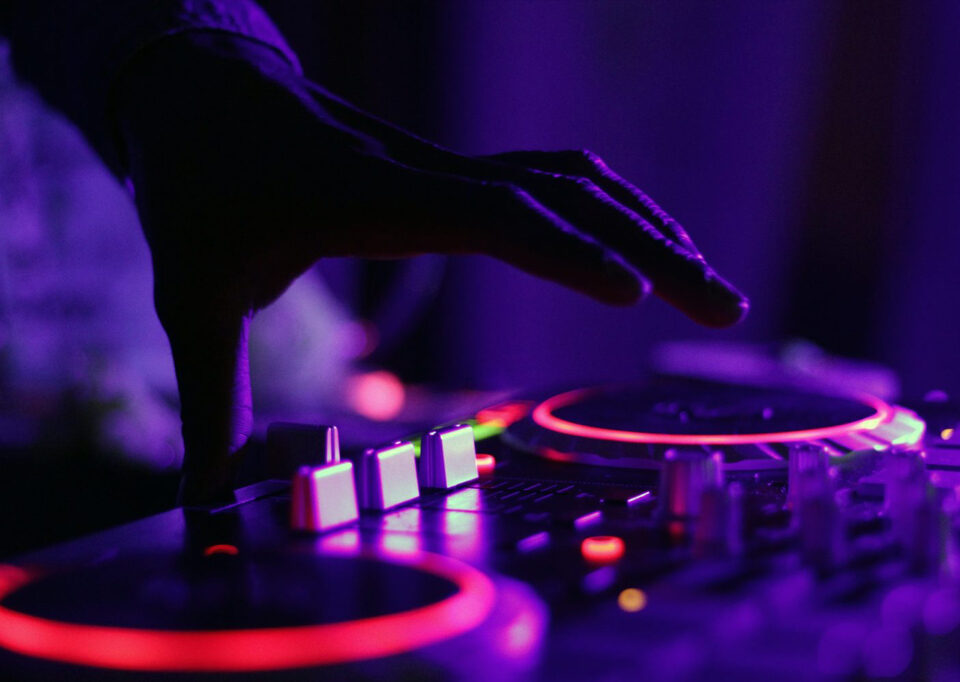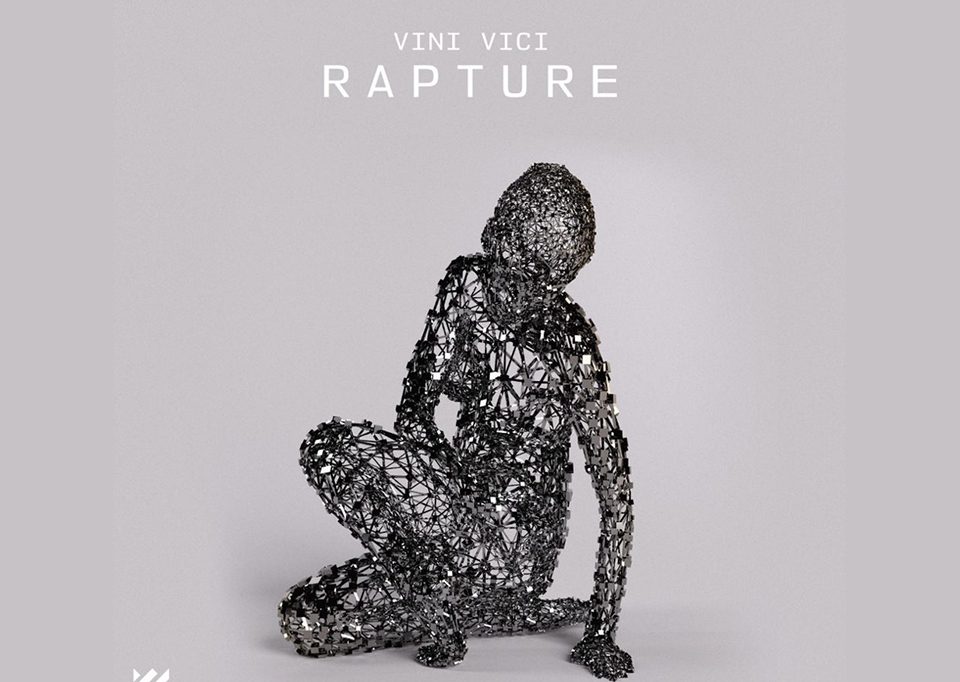Carl Cox opens up about mental health in candid interview” “I’m fine, but I’m not happy”

Marshmello’s $350,000 truck stolen for joyride and chased by police
November 5, 2020
David Guetta wins DJ MAG Top 100 DJs 2020
November 7, 2020Carl Cox opens up about mental health in candid interview” “I’m fine, but I’m not happy”

Famous DJs may have money and fame, but at the end of the day, they are human and they deal with the same issues as the rest of us. No amount of money can remedy about with mental illness—a notion that sometimes eludes music fans, many of whom jaw at artists having no idea what they are going through at any given moment. Just because you don’t live in a glass house, doesn’t mean you should throw stones at those who do.
In a new interview with Music on my Mind, a campaign created to raise funds and awareness for mental health in the music community, dance music veteran Carl Cox opened about his own experiences over the years. Cox, who has been DJing for the last four decades, waxed poetic about his current mental state, the UK government’s insulting COVID-19 response to the arts, and the deaths of his parents, among other topics.
Early in the interview, Cox discussed the passing of his father, who suffered from dementia. “I had to basically sit in my front room and watch his service on YouTube, streaming,” he said. Later on, he also opened up about the passing of his mother, who died of septicemia. “I’m surprised that I have this mental capacity to continue to do what I do at the level I do it at,” Cox admitted.
It’s important to note that Cox is not currently dealing with any mental health issues of his own. He is, however, facing some of the most daunting challenges of his career, some of which were contrived by the pandemic. “40 years of working really hard as a self-employed DJ. I’ve been around the world like you can’t believe and I’ve made millions of people happy,” he said. “Since then, my father has died… my mother has died… I’m in Australia and now I don’t have a job as a DJ… which is my craft and what I’ve set up for. And now, in the UK, they’re telling us to go get another job because ‘you’re industry is not coming back.’ Now you’re asking me how I am. I’m fine, but I’m not happy,” he said with a laugh.
When chatting about grief and loss, Cox offered up some unique insights into his outlook on the motif of appreciation. “I feel that at the end of the day we have to make the very best of what we have in the end,” he said. “And basically grab every single moment as humanly possible to respect the moments that you have.”



